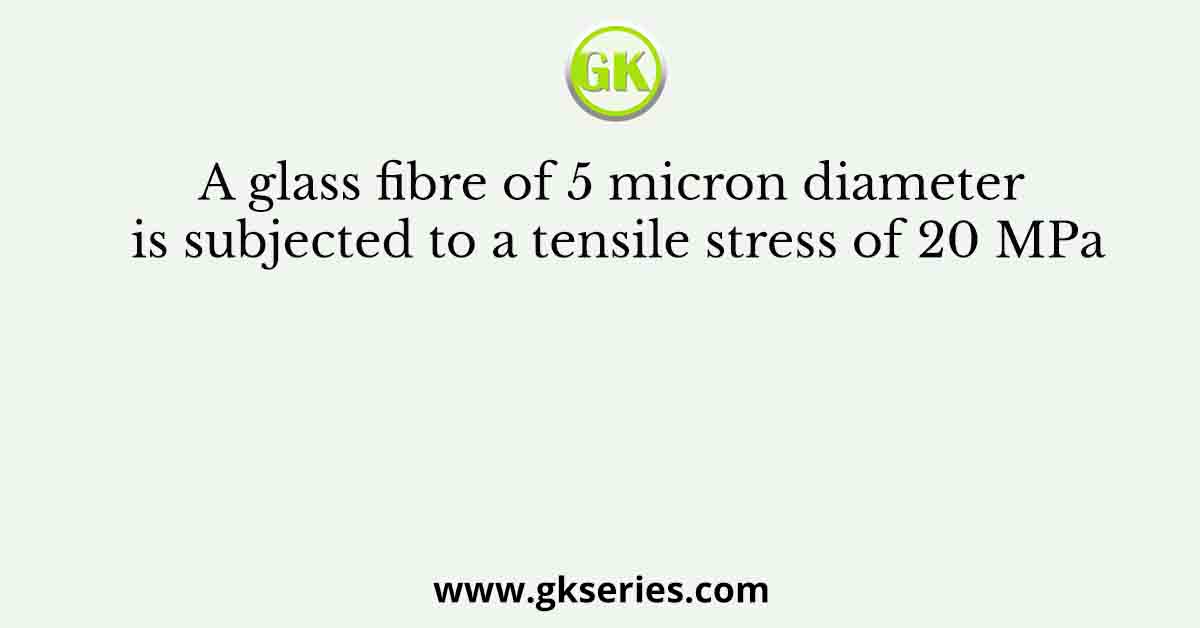
Q. Two people, P and Q, decide to independently roll two identical dice, each with 6 faces, numbered 1 to 6. The person with the lower number wins. In case of a tie, they roll the dice repeatedly until there is no tie. Define a trial as a throw of the dice by P and Q. Assume that all 6 numbers on each dice are equi-probable and that all trials are independent. The probability (rounded to 3 decimal places) that one of them wins on the third trial is .
Ans: 0.023
Sol:
Given there are two identical dices, each having 6 faces.
Favorable events for tie = {(1, 1), (2, 2), (3, 3), (4, 4), (5, 5), (6, 6)}
Since two dice are thrown, total sample space will be 6 x 6 = 36
Therefore, P(tie) = 6/36 = 1/6
and Probability of not tie = (1 – 1/6)
To one of them win on third trial, previous two trials should be tie.
= 1/6 * 1/6 * (1 – 1/6)
= 1/36 * 5/6
= 5/216
= 0.023



![Determine the correctness (or otherwise) of the following Assertion [A] and the Reason [R]](https://www.gkseries.com/blog/wp-content/uploads/2023/10/Determine-the-correctness-or-otherwise-of-the-following-Assertion-A-and-the-Reason-R.jpg)
